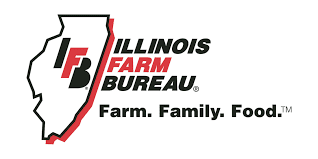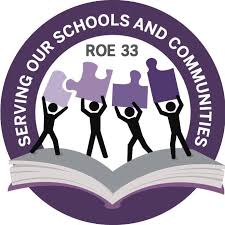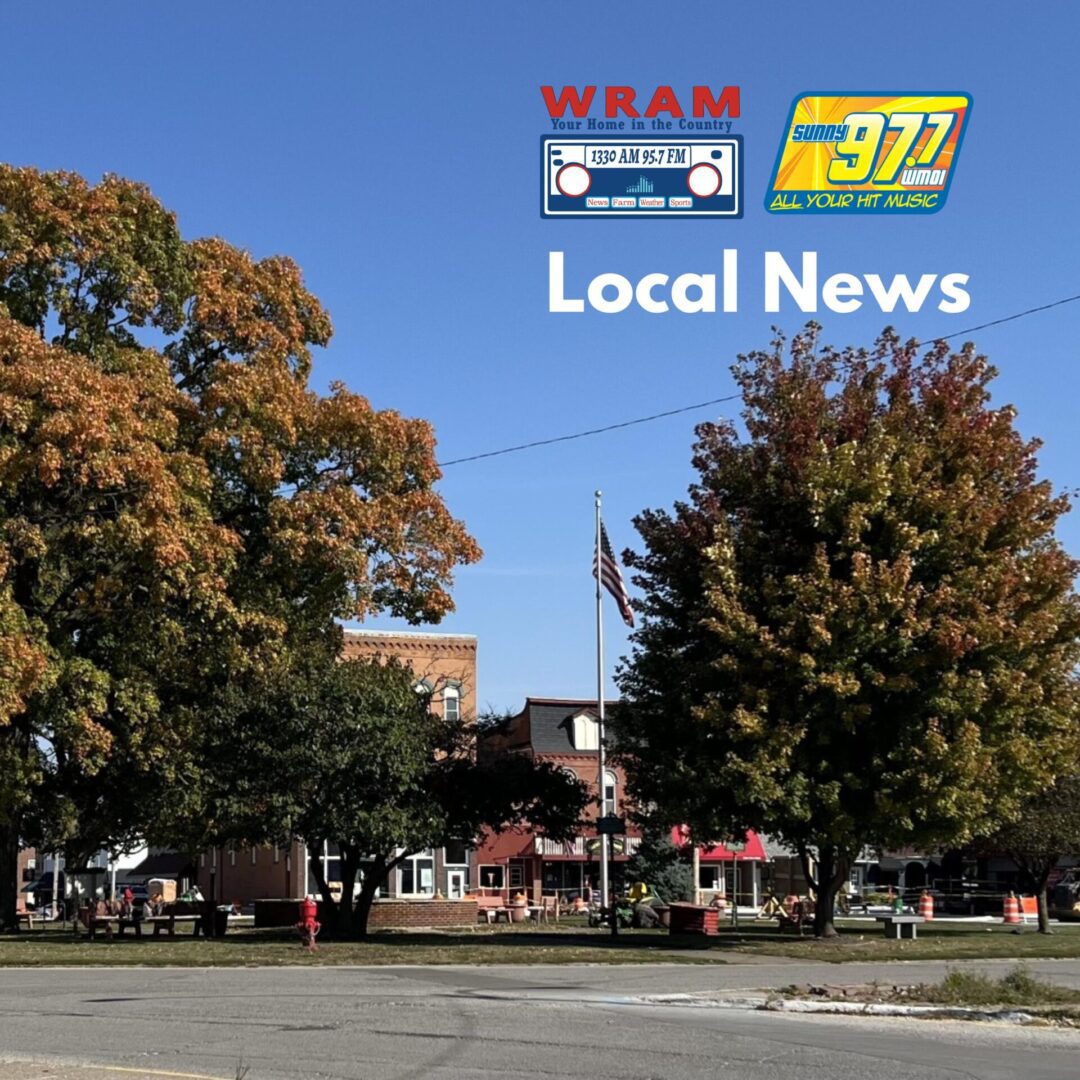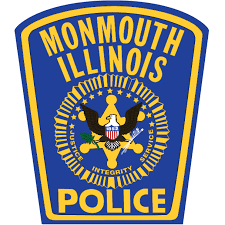During the thick of the COVID-19 pandemic, the Illinois Farm Bureau twice made it a priority to tell members to oppose Gov. J.B. Pritzker’s progressive income tax hike. Their opposition is about values and principles.
The Illinois Farm Bureau strongly opposes a progressive state income tax, but the objections are less about money and more about the character and values of Illinois’ 72,000 farmers.
Be fair. Work hard. Reap what you sow.
Those ideals were what Illinois Farm Bureau President Richard Guebert Jr. and Vice President Brian Duncan talked about when each made time during spring planting and amid COVID-19 wreaking havoc on farms across the country to write op-eds opposing the tax question on the Nov. 3 ballot.
“If the constitutional amendment is approved in November, the government will impose varying tax rates based on how successful you are as an individual or as a corporation,” Duncan wrote.
Success has been elusive lately. Farmers faced a trade war, with U.S. tariffs hitting Chinese steel and China retaliating against U.S. agriculture products. Prices recovered just in time for COVID-19 to again send commodity prices falling: Hog and beef prices were both down more than 30% and soybeans down 10% since Jan. 14, when the COVID-19 pandemic hit hard in Wuhan, China.
But Illinois’ real pain point has been corn, which dropped 15% driven by a decline in ethanol demand and prices. Corn accounts for a little more than half of the $19 billion a year in Illinois agricultural product sales.
Next up, as farmers try to recover from the coronavirus recession, they will face Illinois politicians wanting a new tax.
The bureau president’s opposition started with Gov. J.B. Pritzker calling it the “fair tax.” Guebert said fairness means treating everyone the same, not treating some people differently based on an arbitrary government standard.
“The new tax structure is supposed to pay for our public schools, social services, public safety, and the list goes on and on,” he wrote. “However, we know it will be spent in two places: our state’s exorbitantly high pension costs and debt obligations. The government created these two problems, not us taxpayers. We, taxpayers, have done our jobs; we are law-abiding, taxpaying citizens. We should not have to pay to fix the politicians’ mess.”
He said the tax revenue declines from the coronavirus pandemic are likely to be used by proponents as further justification for the tax hike. He said not to be fooled.
“Rather than spend time on policies that raise taxes, Illinois’ politicians should focus on enacting policies that force our government to live within its means, just like all households across the state. They should focus on making life better – not worse – for working people by reducing income and property taxes, adding jobs and growing our economy.”
Illinois agriculture does grow the economy: While farm products put $19 billion a year into the state economy, the real boost comes from processing those products. Illinois has 2,640 companies that process foods, which add $180 billion to the state economy and employ nearly 1 million Illinoisans.
But farmers themselves are projected to have little margin during the next few years. “Given trend yield projections and current price projections, farms will have recurring losses in financial position over the next five years,” wrote two University of Illinois economists who modeled 1,700-acre farms in central and northern Illinois.
The central Illinois farm would have lost nearly $18,000 last year were it not for the Trump Administration’s Market Facilitation Program, intended to offset losses from the trade war, and future profits depended on the amount of the subsidies. The northern Illinois farm did worse because of lower yields and in future years was “projected to have serious declines in liquidity.”
But the models also show how volatile and unpredictable a farmer’s income can be. The central Illinois farm showed an income of $175,508 for 2018, but then an income of $2,404 for 2022.
“Farm stress” thanks to near-record debt, rising bankruptcy rates, low margins and the inability to control the things that determine their futures has lead to a suicide rate among farmers that’s 1.5 times higher than other occupations. That number could be low, because some suicides are masked as farm accidents.
In 1959 there were 164,000 Illinois farm operators. That number now is 75,087.
It cost the average Illinois farm $184,000 to raise a crop in 2017, the latest farm census by the U.S. Department of Agriculture. The government paid an average of $48,589 toward that crop. With all that investment, the average farm income was $69,418. Take out the government subsidy, and that’s $20,829 for a year of work and risk and debt.
Pritzker has promised that Illinoisans making less than $250,000 a year will not see a tax hike under his progressive income tax plan. But tax promises are made to be broken in Illinois.
Removing the state’s constitutional flat income tax protection makes it far easier to hike taxes on the middle class and retirees going forward – as well as imposing new types of income taxes. Todd Maisch, president and CEO of the Illinois Chamber of Commerce, raised concerns about this issue in committee testimony, saying it “allows [for] taxation of certain kinds of income a second or third time.” Maisch referenced carried interest and agriculture as two examples of income that could be subject to special additional taxation should voters approve Pritzker’s progressive income tax amendment.
In a bond offering document published April 29, the state made a point to note that the new income tax rates are subject to change, reading, “The State provides no assurances as to whether the Income Tax Amendment … will be implemented or subsequently amended.”
Is it fair to add stress and uncertainty to a family farm that may see income become $2,400 in a few years?
Not to the remaining 72,000 Illinois farmers.
The Illinois Chamber Opposes a Graduated/Progressive Income Tax
The moment you abandon…..the cardinal principle of exacting from all individuals the same proportion of their income or their property, you are at sea without rudder or compass, and there is no amount of injustice or folly you may not commit. J.R. McCullough: A Treatise on the
Principles and Practical Influence of Taxation on the Funding System 2007
Illinois fiscal policy and tax laws should actively promote economic growth in Illinois by encouraging increased capital investment, productivity, and the creation of new jobs for the citizens of Illinois.
A graduated income tax undercuts these fundamental tax policy goals and
impedes the economic growth and competitiveness of all Illinois businesses.
Amending the Illinois Constitution to permit a graduated income tax is the wrong signal to send if Illinois wants to grow jobs and see its citizens prosper. Individual income tax rates are just as important to business activity as corporate rates.
Proposals to raise income taxes on high- income
individuals fall heavily on Illinois’ non-corporate businesses.
Small businesses account for an ever-increasing percentage of business income and employment in Illinois and frequently operate as sole proprietors or through some form of tax pass-through entity (partnerships, Sub-S Corps, or as an LLP/LLC). As such, small business
owners pay individual income tax on their business income, rather than corporate tax.
Increasing tax rates on small businesses leaves less available revenue for economic expansion such as hiring additional employees or making capital investments. In recent years, proposals to amend the Illinois Constitution to permit a graduated income tax were not limited to a graduated tax on individuals. The proposed constitutional amendment scheduled for the ballot in 2020 also allows the imposition of a graduated income tax on corporations. Imposing a graduated income tax on corporations would create additional disadvantages to locating and expanding business activities in this state.
In addition to the economic drain on job creators, a graduated income tax is a less reliable source of funding for state programs due to the volatility of the business cycle—creating sometimes wild fluctuations in tax revenues. While economic good times increase state revenues, economic downturns can result in increased deficits and put unnecessary stress on
funding for critical social services. A graduated income tax is often criticized as a stealth tax. As taxpayer incomes rise over time with
inflation, lower and middle income individuals are subjected to higher marginal rates—so-called “bracket creep.” Governments receiving the resulting increased income tax revenues are less enthused
about adjusting rate brackets to remove taxpayers from the tax rolls. A good example of bracket creep was found in the federal alternative minimum tax, which was intended to tax only high-income earners,
but affected middle income taxpayers until this problem was addressed in the 2017 federal tax reform legislation. P.A. 101-0008, which would implement the graduated income tax if the constitutional
amendment is successful, establishes tax brackets that are not indexed to inflation and would allow “bracket creep.”
A graduated or progressive income tax can create a very real dis-incentive to work as it punishes, through higher tax rates, those who choose to work more hours or longer days. The current Illinois Constitution provides that the corporate tax rate shall not exceed the rate imposed on individuals by more than a ratio of 8 to 5. The Constitutional 8 to 5 ratio protects
Illinois businesses from disproportionate taxation. The graduated income tax constitutional amendment scheduled for the ballot in November 202 purports to maintain the 8 to 5 ratio. It does so by creating an 8 to 5 ratio between the highest statutory rate on individuals and the highest rate on corporations.
The top rate on individuals under P.A. 101-0008 is 7.99%. As a
result, the top rate on corporations could be raised to 12.78%, plus the 2.5% personal property tax replacement income tax, for a total of 15.28%, without raising the top tax rate on individuals. Illinois’ current flat rate income tax is inherently more fair than a graduated income tax since
everyone pays the same rate and tax increases uniformly affect everyone. A flat rate tax does not promote divisive class warfare rhetoric or purposefully attempt to re-distribute income according
to a subjective fairness standard. A flat rate tax requires all taxpayers to vigilantly stand guard against excessive government spending.















